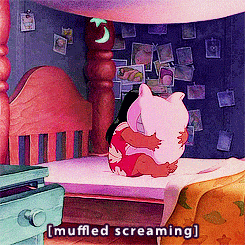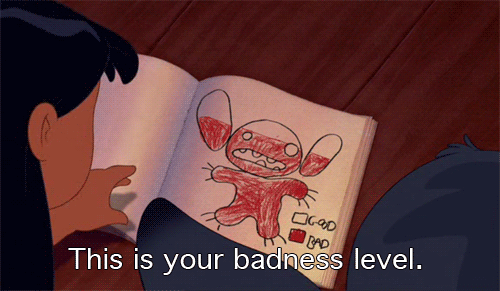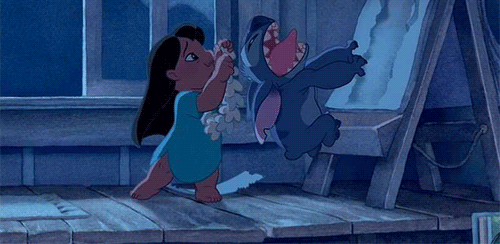I spend a lot of my time being angry. It’s usually about arbitrary things; spilled milk, classic road rage, someone ate food in the fridge that was clearly meant for me. The thing about my anger is that it’s not always something I can control — I have a bad temper. Explosive, some may say. So, I also spend a lot of time calming myself down. Counting backwards from 10? Deep breaths? Finding my happy place? Not as easy as some self-help websites may make it sound. But, I do them. I calm myself down, because I don’t want to scare anybody. I make my peace with screaming into a pillow instead. Everybody wins.
Except, not really. The truth is, nobody ever wants anybody to be angry with them. We hear, “I’m mad at you,” and assume that it’s the end of a relationship. This isn’t true. There is a social stigma surrounding anger which affects the ways people react when others express that they are angry about something.
Everything we do is about making ourselves more palatable to other people — when you are too angry it gives people an excuse to stop listening to you. But, why can’t anger be reasonable? I’m angry that someone cut me off on my drive to work this morning. I don’t think my anger is unreasonable at all. I think I should be angry when other people do the wrong thing.
I think the stigma surrounding the way we react to anger starts young. Children learn it in school, they learn it at home, on television, in the books they read, everywhere. They learn as young as preschool about the “right” and “wrong” ways to express emotions, particularly anger. They learn that the ways they express themselves will not only affect how the world views them, but also how other people will deal with them and their anger. When children in preschool learn about anger, they are shown a mean, scary face. When they learn about happiness, however, they are shown a smiling face. It becomes clear to them, which emotion is more pleasant and which emotion is designated as “bad.”
When a child is angry, that child is seen as a “bad kid,” a disruptive problem. Everyone wants happy children because they are easier to control. No one actually wants to address why the angry child is angry in the first place. We ignore the angry child and we wait for them to calm down. Either that or we punish them. When we teach these kids from such an early age that any “negative” emotion they feel is invalid or wrong, they will learn to internalize these feelings.
When you internalize an emotion like anger, that has the potential to be violent and scary, all the anger you’ve suppressed over time eventually erupts. There’s no getting around it — it has to come out eventually and either you lash out at someone you care about or something always ends up broken.
The truth is, there's nothing wrong with being angry. Anger is not an inherently bad or evil emotion. It's a completely human response when we feel we've been wronged. Being "too angry" is not an excuse for people to stop listening to you. You aren’t always going to be your best self, because that’s not always an easy thing to be. People will want you to be soft all the time; they will see when you aren’t and will hate you for it. They tell you, “Always be kind and gentle.” Yes, be all those things. But you also have the right to be angry and hard and sharp. You don’t have to be soft all the time. Your anger is valid and comes from a place of real experience. So, scream into a pillow, lay on your horn, and let yourself be angry every once in a while (as long as you're not hurting anybody).

























